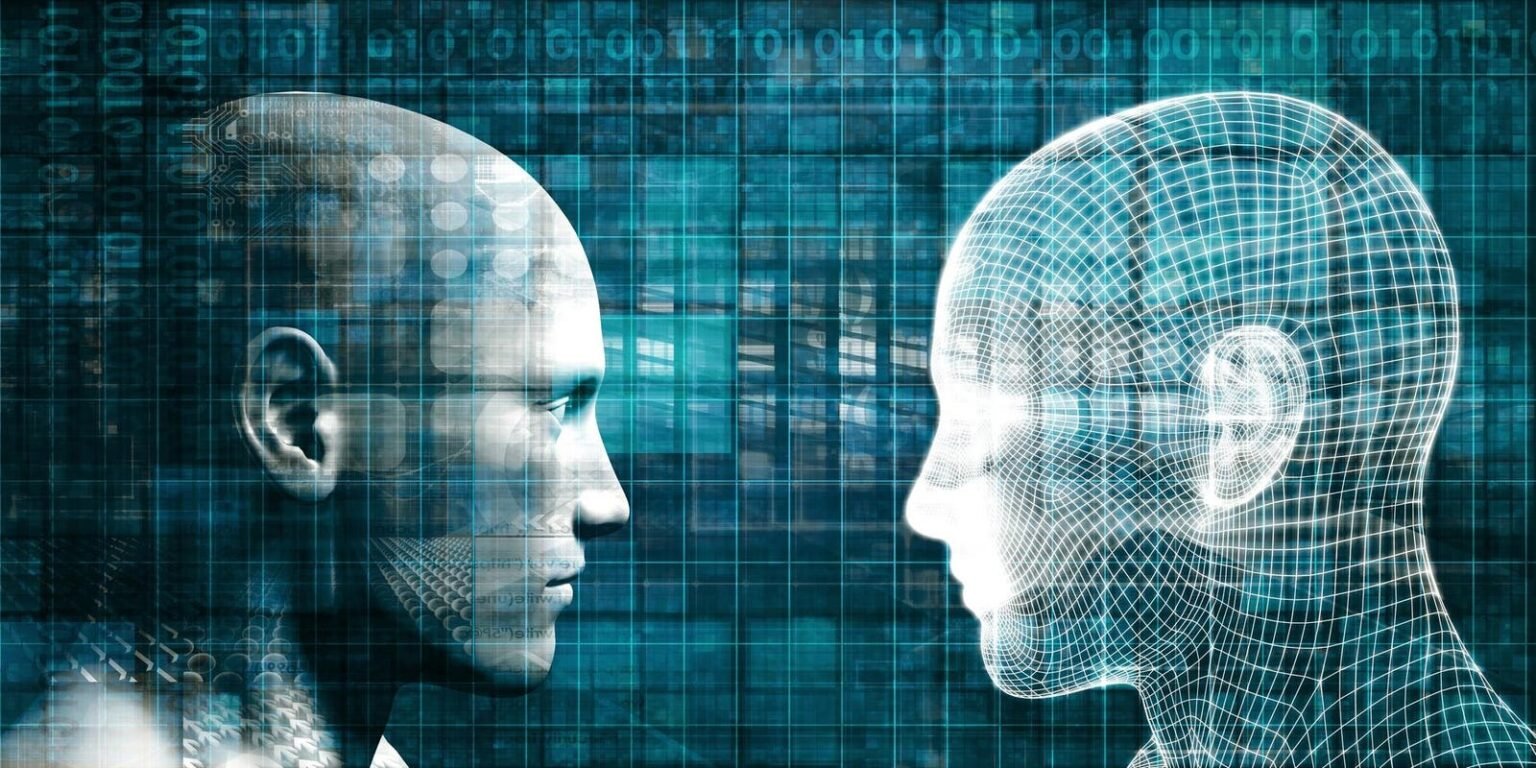Altered states of consciousness (ASC) are a hot topic that can be reached through various means such as yoga, sensory deprivation tanks, hypnosis, drugs, and mindfulness practices. Generative AI is now being considered as a potential tool to induce ASC, opening up new possibilities for exploration and discovery in this realm. Research has shown that mindfulness-based programs can lead to altered states of consciousness, providing a novel way to explore different types of ASC.
Generative AI, like ChatGPT, can be used to guide individuals through relaxation, meditation, and immersive experiences to potentially induce altered states of consciousness. While generative AI shows promise in aiding this exploration, there are potential downsides and drawbacks to consider, such as dependence, quality and safety issues, ethical and privacy concerns, and the risk of negative experiences. It is essential to be cautious and informed when using generative AI for ASC.
Research in this area is ongoing, and more studies are needed to confirm the findings on the relationship between generative AI and altered states of consciousness. It is crucial to be mindful of the potential long-term effects and unintended consequences of using generative AI for this purpose. Overall, the fusion of generative AI and ASC provides a unique opportunity for exploration and discovery in the mental health realm.
As individuals continue to delve into the possibilities of using generative AI for altering states of consciousness, it is important to consider the ethical implications and potential risks associated with this practice. The path to ASC through generative AI may offer new insights into human consciousness and mental states, but it also raises questions about privacy, safety, and long-term effects. Further research and informed decision-making are necessary to navigate this emerging field responsibly.











